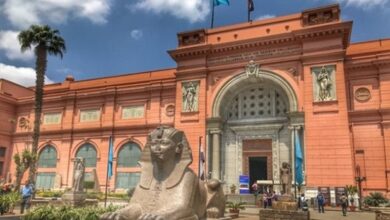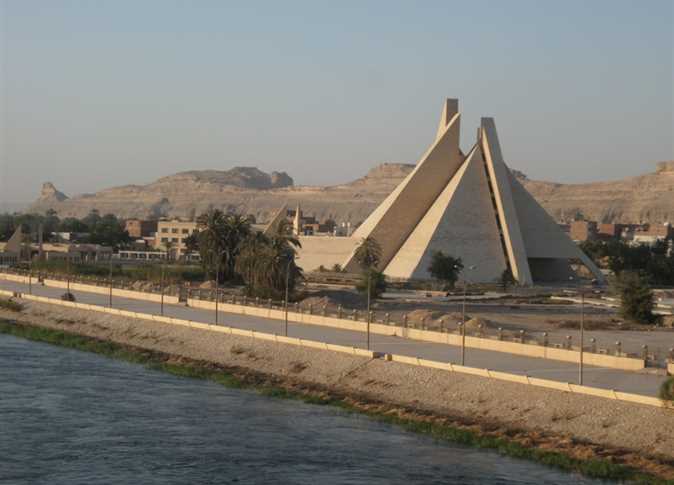Many studies in political science around the world tell us that the shape of a political system that is formed in the wake of a revolution is largely defined by the alliances forged between a different social classes.
When the middle class is strong and allied to the elite, as was the case in France, England and the United States, a democratic system is formed. Alternatively, when a conservative elite allies with the military, and the middle class, farmers and workers are marginalized. a fascist system may emerge. When the farmers constitute the stronger class, as was the case in China and Russia, a communist regime can take shape.
Bearing these historical examples in mind, we appear to face two alternative scenarios in Egypt: Either a pluralistic democracy or a quasi-fascist system dominated by one conservative party (much like the old National Democratic Party).
However, this does not mean that the Egyptian case has to fall neatly into one of the former categories — Egypt may represent a new case that requires a fresh classification.
In the current transitional stage, we should pay attention to the alliances being forged between different social groups. We should not bury our heads in the sand and claim these lessons from political literature are too old and irrelevant to the Egyptian case.
We should not suppose that Egypt will definitely produce something novel, coherent and positive in every way. Indeed, the first 18 days of the revolution may have been generally positive, but that does not necessarily describe the developments that followed and which may be primarily classist in nature.
Let us for instance contemplate the word “thug”, the Arabic equivalent for which is derived from a Turkish word for a weapon. This word has an essentially classist connotation. When we use it to refer to people who have been paid money by members from the former regime to attack peaceful, civilized protests staged by other classes, we attach a classist meaning to the term — since it reflects an economic relationship between a payer and a payee.
If we use it to mean an ordinary citizen who has revolted in protest of the marginalization of his class and who uses violence to voice his/her rejection of these conditions, this is still a classist definition. This citizen has chosen to respond, as an individual or a member of a class, to discrimination against the class to which he/she belongs. This discrimination may have been an institutionalized practice by the police or a social form of violence exercised by other classes.
Both ways, that person is branded a thug because he/she does not fit the description of the civilized, educated, peaceful protester. This description is symptomatic of an underlying class problem that Egyptian society may not be ready to tackle.
I don’t support the use of violence in protests, but I am only trying to find an explanation for those bouts of violence. If our discussions in the media continue to perpetuate the same classist image of thugs then we will be no different from the international media which have produced a stereotypical images of Muslim and Arabs as being terrorists.
We’d better be careful how we choose to describe ourselves. We should also pay much attention to the alliances currently being formed, for they will shape Egypt’s political system in the future.
Translated from the Arabic Edition.




